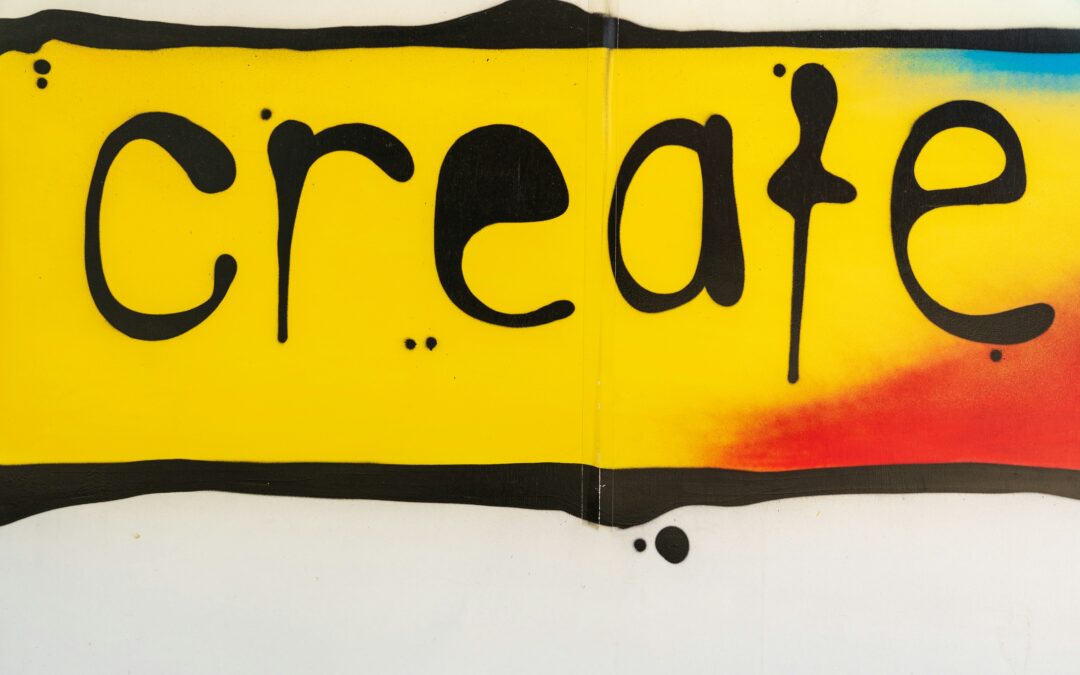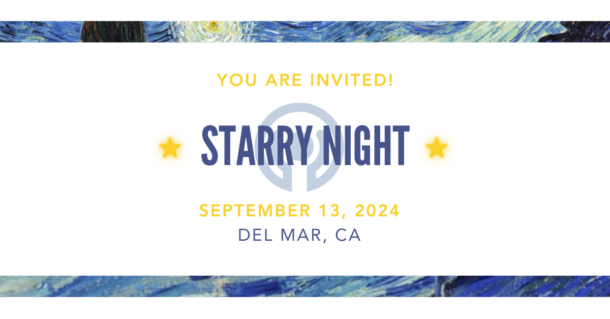Author: Sara Trejo
Creativity has always been an impactful outlet for me. For a long time, I’d struggle expressing myself, I’d doubt my creative abilities, or question whether I would even consider myself creative at all. It wasn’t until I eventually asked myself, “what do I consider to be creative?” Do I have to be a painter? No. A musician? No. A published author? No. There is room for all of us to be creative in a multitude of ways, and I just hadn’t found that to be true for myself yet. It turns out, I think I had been creative my whole life – I just hadn’t noticed it before.
When we think of creatives who lived with bipolar disorder, we oftentimes think of Van Gogh, Sylvia Plath, or Virginia Woolf, yet we’d rarely add ourselves to the mix. Maybe it’s simply because they’re well-known or because they’re considered some of the “greats,” but I’m a firm believer that creativity is subjective, and it doesn’t have to be hung up in a gallery to be “great”; if it’s yours and you put yourself into it, then it already is great.
One of my first manic episodes saw some of the fastest creativity I’ve ever produced. Ideas came to me naturally, I worked quickly, opportunities arose that weren’t there before, and it felt like everything was flowing smoothly. Until it stopped. It was as though my mind was spouting out ideas like a faucet turned all the way up and someone suddenly shut off the water completely. Not a drop. The harder I fought it, the more parched I got. Finally, admittedly through defeat, I stepped away from my projects. Then, the faucet started running again.
What do I do now about my creative blocks? Absolutely nothing. I try to focus on other hobbies that may interest me, like walking, listening to music, watching movies, or other low-maintenance activities that shift my focus elsewhere. I allow the blocks to happen, and I try to allow myself to adapt to the fluctuations of my moods as best as I can. If creativity is considered to be an act of self-expression, then I think it makes sense to not think everything I produce is my best because I don’t always feel my best.
For me, creativity has always been a way for me to put what I’m feeling into something when I’m not quite sure what else to do with it. Other times, I’ll lean on my creative outlets to try and make sense of what I’m feeling when I’m unsure of what it is. I’ll sometimes start a project without a clue as to where it’s headed, look at what the outcome is, then use it as a way to decipher what’s going on within me. What we make, or even don’t make at all, when we experience our lower moments are just as important as what we produce at other times because those feelings are just as important, and they all paint a bigger picture – us as a whole.
Creativity has helped me manage my symptoms in ways I couldn’t have imagined, and I’d recommend anyone explore new ways to express themselves if they’re looking to do so, whether it be through writing, singing, dancing, acting, cooking, knitting, fashion, making beaded bracelets, collecting rocks, and anything in between – it all matters if it matters to you.


